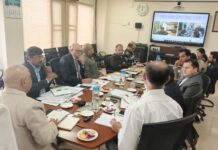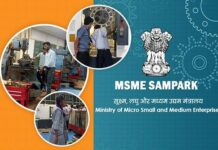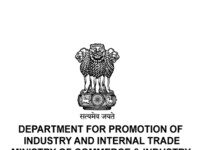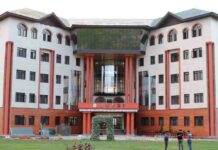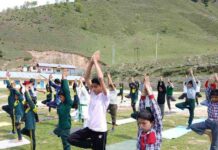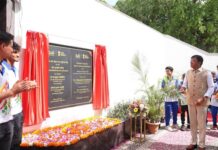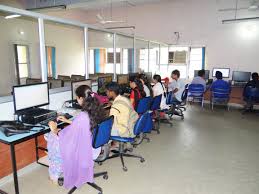MARCH 12: The Ministry of Textiles has announced a significant increase in its budgetary allocation for skill development and textile sector growth. For FY 2024-25, the allocation stands at Rs. 4,417.03 crore, and for the next fiscal year, FY 2025-26, it will rise to Rs. 5,272 crore. The budgetary focus includes key initiatives under various schemes to enhance the competitiveness of the textile sector and skill development programs aimed at providing opportunities for individuals across different skill levels.
A major enhancement in the budget is the allocation for the Production Linked Scheme (PLI), which has seen a substantial increase from Rs. 45 crore in FY 2024-25 to Rs. 1,148 crore in FY 2025-26. This boost is expected to drive the growth of the textile sector by incentivizing production and enhancing global competitiveness. Additionally, funding for the Development of Jute Textiles (NJB) has been raised from Rs. 50 crore to Rs. 90 crore, while the Central Silk Board’s allocation has been increased from Rs. 900 crore to Rs. 956.84 crore for FY 2025-26.
To further support the textile sector’s competitiveness, the government is implementing the Rebate of State and Central Taxes and Levies (RoSCTL) scheme for apparel, garments, and made-ups. This initiative aims to zero-rate exports, enhancing the sector’s international market presence. Textiles products not covered under the RoSCTL scheme are included under the Remissions of Duties and Taxes on Exported Products (RODTEP), alongside other goods. Furthermore, the government supports various Export Promotion Councils and Trade Bodies under the Market Access Initiative Scheme, which facilitates participation in national and international trade fairs and exhibitions.
In terms of skill development, the Ministry of Textiles is committed to providing training to 50,000 individuals through the National Technical Textiles Mission (NTTM). This initiative focuses on training undergraduates, unskilled workers, professionals seeking upskilling, and personnel involved in technical textiles applications.
The ministry is also implementing the Samarth scheme, which provides demand-driven, placement-oriented National Skills Qualifications Framework (NSQF)-compliant programs in the textile and related sectors. A budget of Rs. 330 crore has been allocated for this scheme in FY 2025-26.
Moreover, the government has approved the establishment of seven PM Mega Integrated Textile Region and Apparel (PM MITRA) Parks with world-class infrastructure, including plug-and-play facilities, with an outlay of Rs. 4,445 crore over seven years. Additionally, the Amended Technology Upgradation Fund Scheme (ATUFS) continues to support the modernization of textile machinery, with Rs. 635 crore allocated for FY 2025-26.





